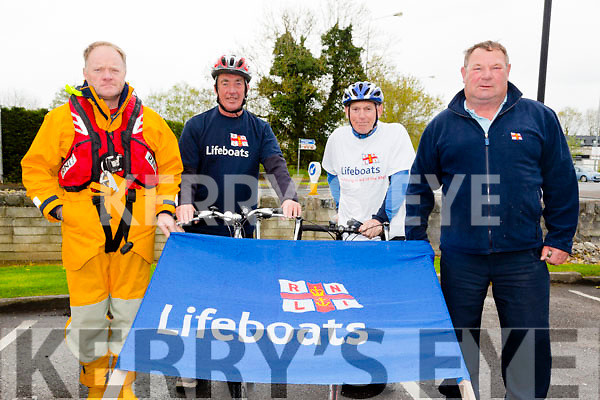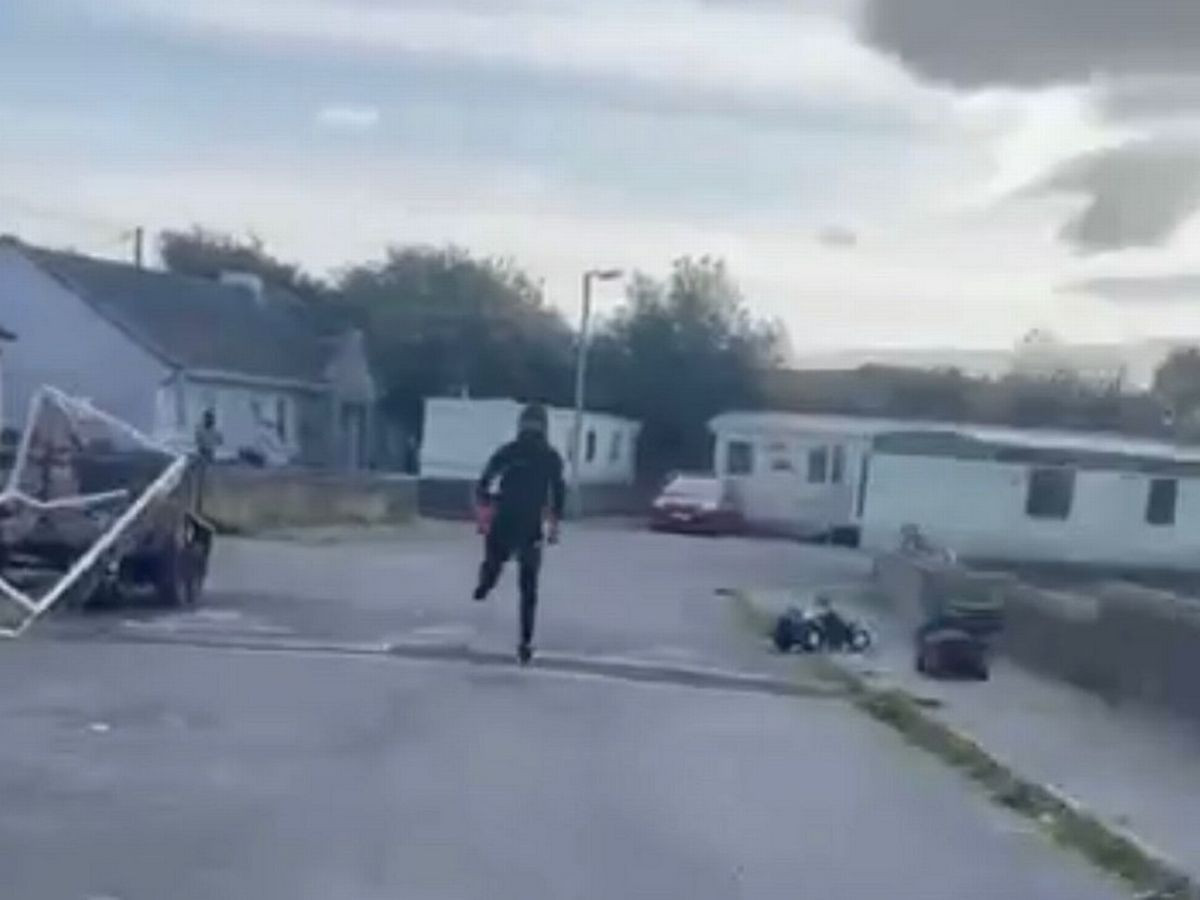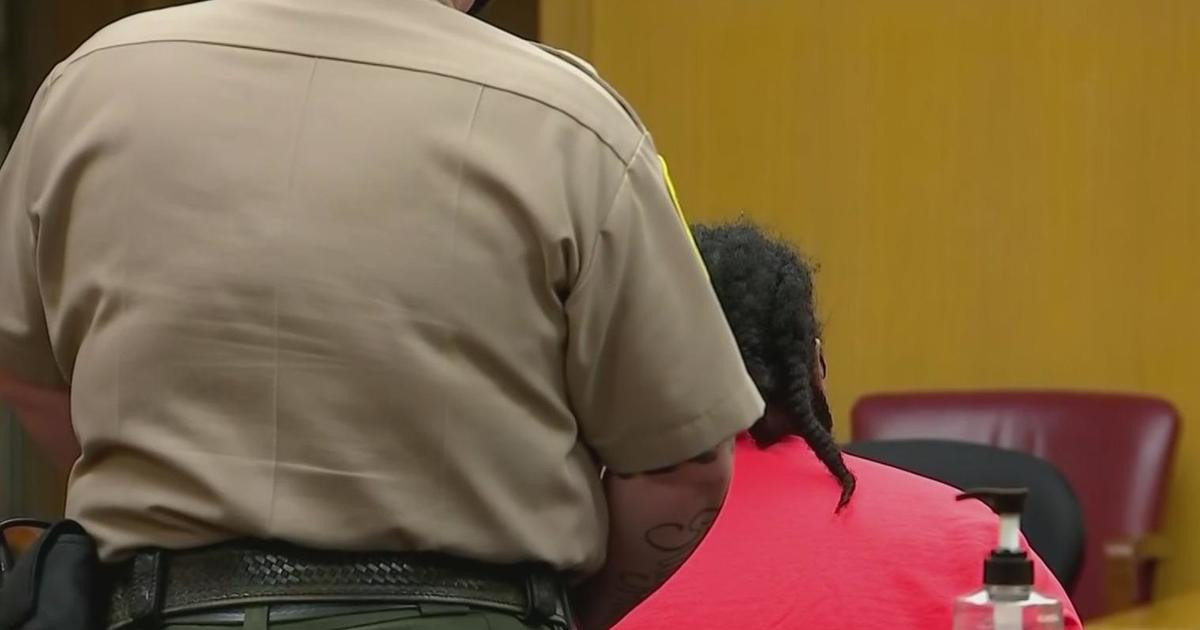A Rescue in the Making: Fenit Lifeboat Diverted From Training Exercise
Volunteers at Fenit RNLI were involved in a call-out on Tuesday night (17 September) to two swimmers in difficulty at Little Samphire Lighthouse near Fenit Pier. The two young men, who were staying with a family locally, had decided to swim from Fenit beach to the lighthouse and back when they realised they were not be able to return to the beach safely.
Lifeboat volunteers were on a training exercise at sea when the call was received and the lifeboat was immediately diverted to the scene. The two young men had just made it to the lighthouse, but were freezing cold and felt that they would be unable to make the return swim. Denise Lynch, a station coxswain who was out kayaking, spotted the pair and went to check on them. Denise then raised the call for help.
A Swift Response: Timing Was Key
Fenit volunteer crew Padraig Brick and Cian Lawless were out in the station’s inshore lifeboat on exercise, with coastal trainer Sean Ginnelly, when the lifeboat was diverted from exercise to go to the aid of the young men. Taking the two casualties onboard the lifeboat, the volunteer crew took them back into the safety of the harbour and inside the lifeboat station, where they were put into thermal layers used by the lifeboat crew. The two swimmers were extremely cold but were in good spirits.
RNLI volunteer coxswain Terry Sheehy, who had been monitoring the situation from the station, went and collected their clothes from the beach and alerted the place they were staying.
A Timely Reminder About Water Safety
Commenting on the call-out, Sean Ginnelly said: “It was a beautiful night in Fenit and perfect conditions for a training exercise. There was a large number of people in the area, enjoying the weather and we were aware that we might get a call-out.
“Lifeboat crew train for every type of situation and this is one where timing was so important. People don’t realise that the water is very cold at this time of year and that when they set out on swim to a point that looks nearby, with tides and currents, it can be a lot harder than it looks to complete it.
The Importance of the RNLI
The Royal National Lifeboat Institution (RNLI) is a charity to save lives at sea in the waters of UK and Ireland. Funded principally by legacies and donations, the RNLI operates a fleet of lifeboats, crewed by volunteers, based at a range of coastal and inland waters stations. Working closely with UK and Ireland Coastguards, RNLI crews are available to launch at short notice to assist people and vessels in difficulties.
RNLI was founded in 1824 and is based in Poole, Dorset. The organisation raised €210m in funds in 2019, spending €200m on lifesaving activities and water safety education. RNLI also provides a beach lifeguard service in the UK and has recently developed an International drowning prevention strategy, partnering with other organisations and governments to make drowning prevention a global priority.
There are 46 lifeboat stations on the island of Ireland, with an operational base in Swords, Co Dublin. Irish RNLI crews are tasked through a paging system instigated by the Irish Coast Guard which can task a range of rescue resources depending on the nature of the emergency.
A Legacy of Courage and Sacrifice
Irish Lifeboats have participated in many rescues, perhaps the most famous of which was the rescue of the crew of the Daunt Rock lightship off Cork Harbour by the Ballycotton lifeboat in 1936. Spending almost 50 hours at sea, the lifeboat stood by the drifting lightship until the proximity to the Daunt Rock forced the coxswain to get alongside and successfully rescue the lightship's crew.
32 Irish lifeboat crew have been lost in rescue missions, including the 15 crew of the Kingstown (now Dun Laoghaire) lifeboat which capsized while attempting to rescue the crew of the SS Palme on Christmas Eve 1895.
A Vital Service: Saving Lives and Providing Peace of Mind
While the number of callouts to lifeboat stations varies from year to year, Howth Lifeboat station has aggregated more ‘shouts’ in recent years than other stations, averaging just over 60 a year. Stations with an offshore lifeboat have a full-time mechanic, while some have a full-time coxswain. However, most lifeboat crews are volunteers.
In 2019, 8,941 lifeboat launches saved 342 lives across the RNLI fleet. The Irish fleet is a mixture of inshore and all-weather (offshore) craft. The offshore lifeboats, which range from 17m to 12m in length are either moored afloat, launched down a slipway or are towed into the sea on a trailer and launched. The inshore boats are either rigid or non-rigid inflatables.
The Irish Coast Guard in the Republic of Ireland or the UK Coastguard in Northern Ireland task lifeboats when an emergency call is received, through any of the recognised systems. These include 999/112 phone calls, Mayday/PanPan calls on VHF, a signal from an emergency position indicating radio beacon (EPIRB) or distress signals.
The Irish Coast Guard is the government agency responsible for the response to, and co-ordination of, maritime accidents which require search and rescue operations. To carry out their task the Coast Guard calls on their own resources – Coast Guard units manned by volunteers and contracted helicopters, as well as “declared resources” - RNLI lifeboats and crews. While lifeboats conduct the operation, the coordination is provided by the Coast Guard.
A lifeboat coxswain (pronounced cox’n) is the skipper or master of the lifeboat.
RNLI Lifeboat crews are required to follow a particular development plan that covers a pre-agreed range of skills necessary to complete particular tasks. These skills and tasks form part of the competence-based training that is delivered both locally and at the RNLI’s Lifeboat College in Poole, Dorset.
Supporting the RNLI: A Legacy of Lifesaving
While the RNLI is dependent on donations and legacies for funding, they also need volunteer crew and fund-raisers. The vital work of the RNLI relies on the dedication of volunteers who give their time to ensure the safety of those at sea. Their bravery and commitment to saving lives is a testament to the importance of this organisation. You can support the RNLI by making a donation or volunteering your time. Every contribution, no matter how small, makes a difference in the lives of those in need.

















